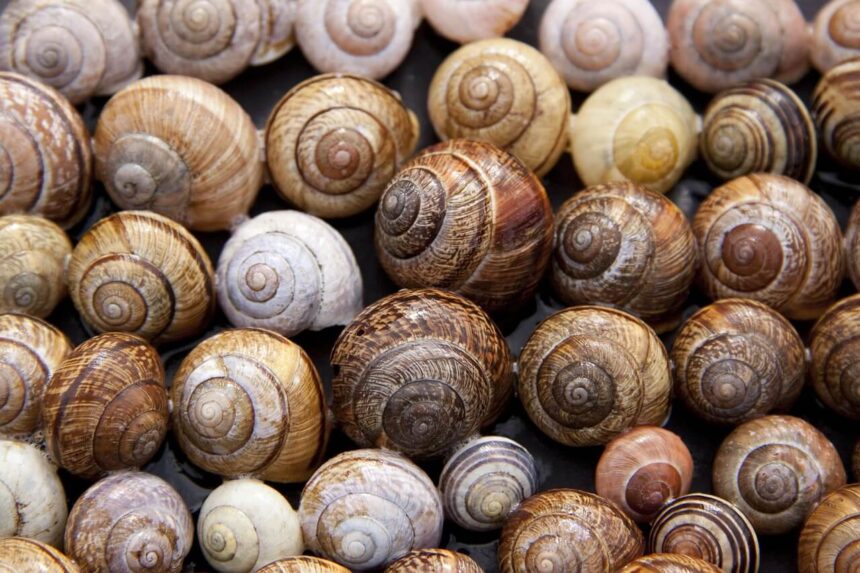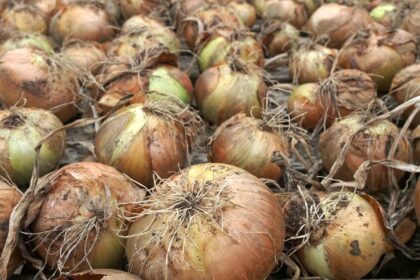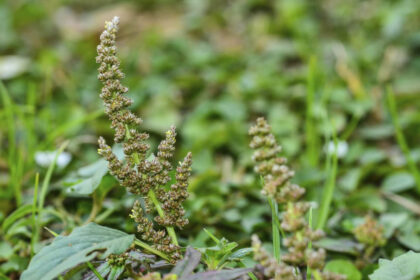Snail Farming in Kenya is a topic that has been brought to light recently. While it may not be new, many people still find it odd.
I remember when my parents and relatives would tell me stories about how people would sell snails for 10 cents each in the villages and how the snails would be boiled before eating.
However, the truth is that snail farming in Kenya can yield a higher income than you think.
Although many risks are involved with this type of business, it does not [necessarily] mean that you will fail. So here are some things to consider if you want to try snail farming in Kenya.
Also read: How to start a farming business in Kenya.
Snail Farming in Kenya: Things to Consider
There are lots of different ways you can start with snail farming. First, you must consider the type of snails you will be raising.
1. Type of Snails
There are many types, but they are edible, so it depends on your preference. Generally speaking, two influential groups are Asian snails and African snails.
The former is more minor than [the] latter, but there are also more regarding reproduction rates. African snails have higher meat-to-shell ratios than Asians but also eat more food.
Regarding size, I’ve heard that some people keep and grow giant African land snails, which may grow to [10] inches or more.
The fact that these are a lot bigger than the Asians means that they can produce fleshier meat, which will be tastier too. But then again, they also need food a lot more often.
2. Where to set up the farm for snail farming in Kenya
Another thing to consider in snail farming is where to put your snails. Many people keep them outside since they are used to weathering the outdoors.
You may also like; French Beans Farming in Kenya.
The best type of place is shady and moist at the same time. This will ensure that you get healthy snails that can grow well.
If you decide to farm your snails inside your home, however, there are a few things that you have to make sure of. The first thing is the enclosure.
You can either build your own or buy one, but it must be spacious enough for the snails to move around as if outside.
Read also; How to spot Infectious Poultry Diseases Chicken Dropping.
A good idea would be a place with three walls and a mesh-like cover on top, raised to allow light passage.
3. What about food and water?
Another thing that you need to prepare is food and water for your snails. You can make a mixture they can eat or buy from a snail farm supply store.
The only problem is if you leave it outside, there’s a chance it will get soaked by rainwater and be useless for the snails to eat.
Also, if you’re considering raising your snails indoors, you should be aware that indoor air quality is critical.
Snail farms can produce much waste, and harmful gasses pollute your home. So ensure you have proper ventilation and cleaning equipment to avoid health problems.
4. How about Space?
Lastly is the issue of space for your snails to roam around in. The ideal area should be dark, moist, isolated hot spots and basking sites, miming their natural living patterns.
If you do snail farming outdoors, it’s also best to build a shed for your snails that is protected from the weather so as not to expose them to too much sun.
You don’t need to limit yourself to one type of snail or enclosure. You can mix Asians and Africans, but you have to be more careful about it [as] they would be eating different food.
But even so, you can ensure that the snails are adequately fed with a good mixture of chopped fruits and vegetables to produce meaty flesh for your meals.
If you need more information about snail farming or want to look into the possibilities, then there are many books at the library or bookstore that you can go to.
There is nothing like snail farming in Kenya pdf; copy and paste the below URL into your web browser. You will then get all the information that you are looking for.
Snail farming in Kenya has become much more popular today than it was years ago, and tons of informative resources are available for those who want to try their hand at this type of business.
As they say, the rest is up to you.













